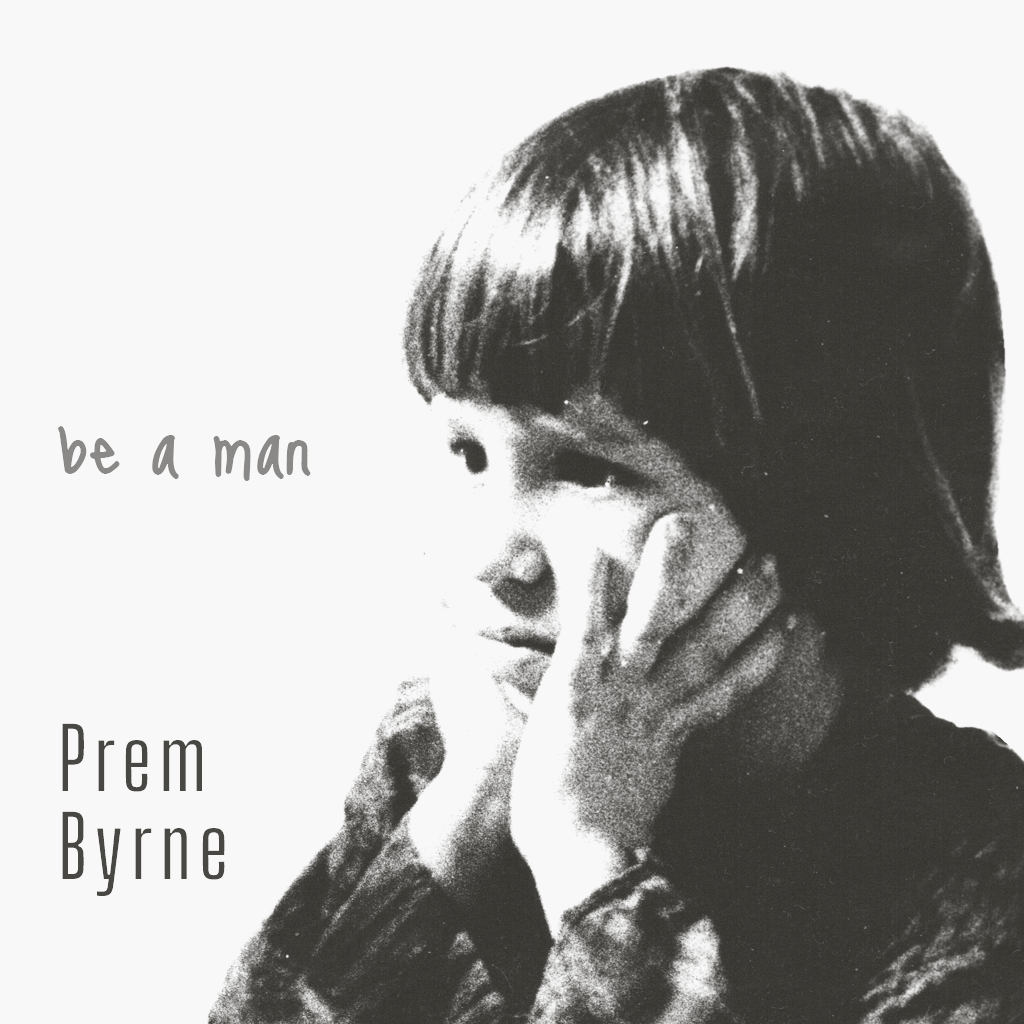
We spoke to Prem Byrne about his genre-defying folk-pop sound shaped by a wide range of influences and a commitment to authenticity over fitting into industry boxes. His latest release, Commercial Break, takes aim at shallow media coverage and reflects a decades-long frustration with the state of journalism.
How would you describe your music to someone who’s never heard it?
Good question, because it’s one of the reasons I’m having a difficult time gaining traction in this industry–my sound is not easy to label, because I’m usually more interested in letting the song come out the way it does than to figuring out the best way it will be received and the best category it will fit into. I guess I’d start by saying two words: “folk-pop.” I’d say “try to imagine if Tracy Chapman, Cat Stevens, Sting, Peter Gabriel, Sade, Taylor Swift, America, Indiarie, the Rolling Stones, and about 500 of my other influences got together and had a child.”
How has your sound evolved since you first started making music?
When I was in high school, it felt like guys needed to be tough and only like hard rock and heavy metal. I didn’t let others know how much I liked Whitney Houston, Stevie Wonder, Phil Collins, The Bee Gees, George Michael, Kool and the Gang, Hall and Oats, Foreigner, and so on. As time went on I met people who weren’t shy about who they liked, no matter how corny, cheesy, or out of fashion the artist was, and that gave me freedom to start being true to my own preferences. I’m never sure what’s going to come through me now, but I’m careful to let it come out how it wants to. A recent development has been to lean into the world of electronica more, and blend the acoustic work I do with synthesizers and beats.
What’s a bizarre or unexpected inspiration behind one of your songs?
I had written a love song for a woman I was with over 10 years ago. I’d forgotten all about the song until a few months ago when the melody came back to me. I really liked the melody of the chorus but didn’t relate to the lyrics anymore so I wanted to rework it somehow. I struggled to figure out what it would be about but then started thinking about that relationship, and how neither one of us were really able to go beyond the honeymoon stage. So this song became about the difficulty of going deeper into relationships, and is called, “When The Honeymoon Is Over,” which I’ll be releasing soon!
What’s the most memorable moment of your music career so far?
In the days following my first release, “You’ll Do Fine”, my cousin, who I grew up with, (and was one of the guys who influenced my belief that I needed to like only hard rock and metal when I was in high school) let me know how touched he was by the song, saying he was crying when he listened to it, even after dozens of listens.
Tell us all you can about your latest release and where and when to find it?
“Commercial Break,” released July 11th is the culmination of 30 years of frustration, waiting for our profit-driven news media to provide substantial journalism rather than the superficial, narrow coverage they squeeze in between commercials. The fact that people can be better informed watching a half-hour comedy news show than spending a whole day watching cable news should be enough to motivate our society to work towards significant media reform, so that the country has real journalism to rely on.
